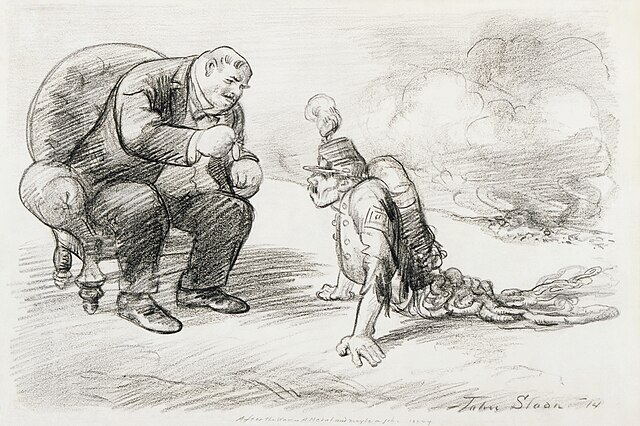Welcome the Moment of Truth, the thirst that is the drink.
In the summer of 2005, a team of 4 US Navy SEALs dropped into Afghanistan’s Hindu Kush, on a mission to capture a supposedly high-level Taliban leader. Only one SEAL survived. He was later played by Mark Wahlberg, a former white rapper and underwear model, in the movie, Lone Survivor .
In the book on which the movie was based, Marky and his fellow pinnipeds were ambushed by between 35 and 50 Taliban. Reconnaissance experts and those with access to intelligence on Taliban activity in the area that day say it couldn’t have been more than 8 or 10, and probably fewer. The man they were hunting, contrary to the contention of Marky Mark’s real-life counterpart, was no big-shot pal of Osama Bin Laden. He was the leader of a small Taliban- adjacent militia who had no link to US casualties.
And so, this very expensive mission that cost the lives of 3 of Marky’s comrades, along with a Special Operations Chinook helicopter and the lives of sixteen elite soldiers inside it who’d come to aid the original SEAL team, was a mission based on lies. Nineteen super-soldiers were killed while performing an operation amounting to a totally bullshit job, and the helicopter was shot down. The little militia that could have but didn’t, recovered three M4 Carbines with grenade launchers, a field laptop whose undamaged hard drive contained locations of possible targets, gear for night vision, and a sniper scope, which gave the US military a chance to order replacements, including a new tandem rotor heavy-lift military vehicle from Boeing Defense, Space & Security.
A side note: April 20 of last year, in the quarter following the start of the pandemic lockdown, the defense side of Boeing did better financially than its civilian side. The last time this happened was in 2008, after the world economy collapsed, proving that if you’re looking for a recession- proof investment, the mass murder industry is where it’s at.
But back to the summer of 2005: Marky was crawling, injured, to an uncertain survival down a cliff-face, when he was found by a Pashtun villager named Muhammad Gulab Khan. Gulab Khan then acted according to the code of hospitality called the Pashtunwali. The entire population of Afghanistan, whether Pashtun or not, follows the Pashtunwali code. When the US government demanded the Taliban turn over Osama Bin Laden to... read more
Welcome to the Moment of Truth: the thirst that is also, paradoxically, the drink.
On the one hand, you have the ancient traditions of hospitality. You are obligated, by universally agreed-upon human law, to invite a stranger into your tent and feed them. Allow them to rest. If they require it, to spend the night, maybe two, maybe more. After all, the desert can be a dangerous place. Those struggling through the unwelcoming wasteland must be offered respite, and you must give it to them in whatever measure you have the means to provide. They might be angels, so you should offer your virgin offspring to them, so they’ll remember to spare you when it’s time for fire and brimstone.
On the other hand, you have Greeks dumping refugees they view as a potentially unendurable burden into the Mediterranean to bob until they die of exposure or drowning or shark attack. The party Greeks had voted in to extricate their country from the crushing European Union debt turned out in the end not to be up to the task, hence the continued imposition of austerity, hence the feeling of poverty imposed from above, hence the fear of strangers and their needs. Poverty imposed from above always seems to be a good reason for those below to attack anyone perceived as being even lower than them.
You have the Beverly Hillbillies saying, y’all come back now, ya hear? And you have Oscar the Grouch, telling you to get away from his trash can.
The South African Nobel Prize-winning writer, J.M. Coetzee, published a novel about 40 years ago called, Waiting for the Barbarians. He’s written many books since then, and this one is probably not his best. But it may be his most famous, and easiest to read, because stylistically it resembles the outline of a Camus novel, although with an even more allegorical feel. I read his The Life and Times of Michael K, which was published three years later, and then Age of Iron when it came out in 1990. I appreciated those more than Barbarians.
He’s an excellent writer, J.M. Coetzee. The Booker Prize he also won. They don’t give them Nobels and Bookers to no slouches. Politically, he was against apartheid, though never committed to the left in an organizational sense. The perspectives it’s possible to glean from his work are complicated and humanistically moral, and even somewhat universalist. After apartheid he might’ve been called a centrist, if labeling him were... read more





